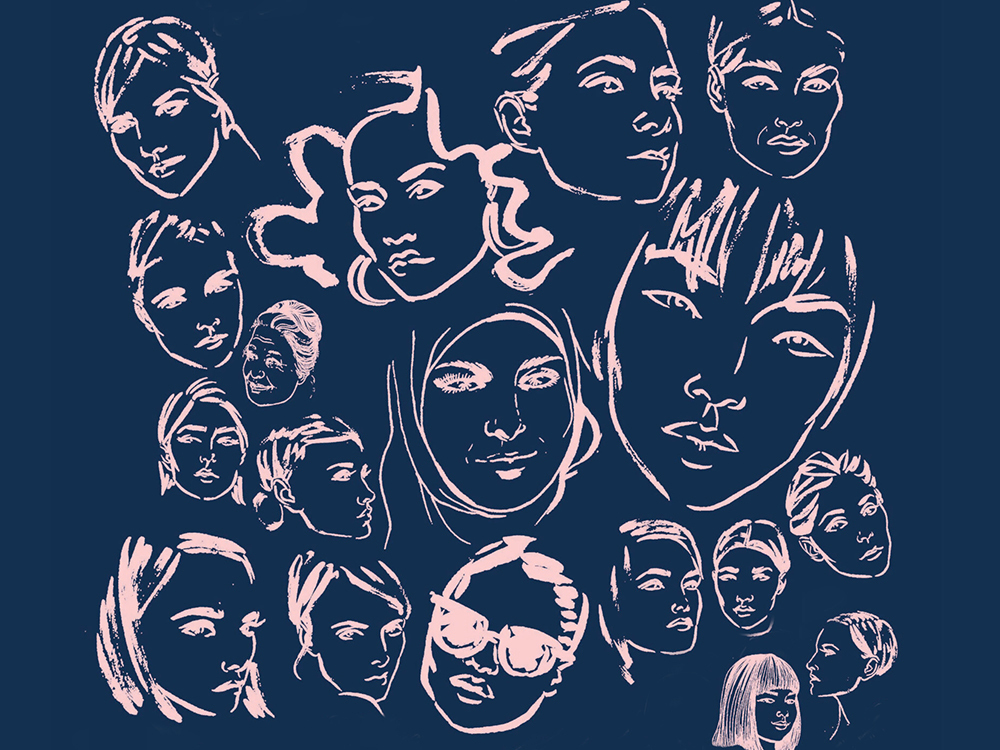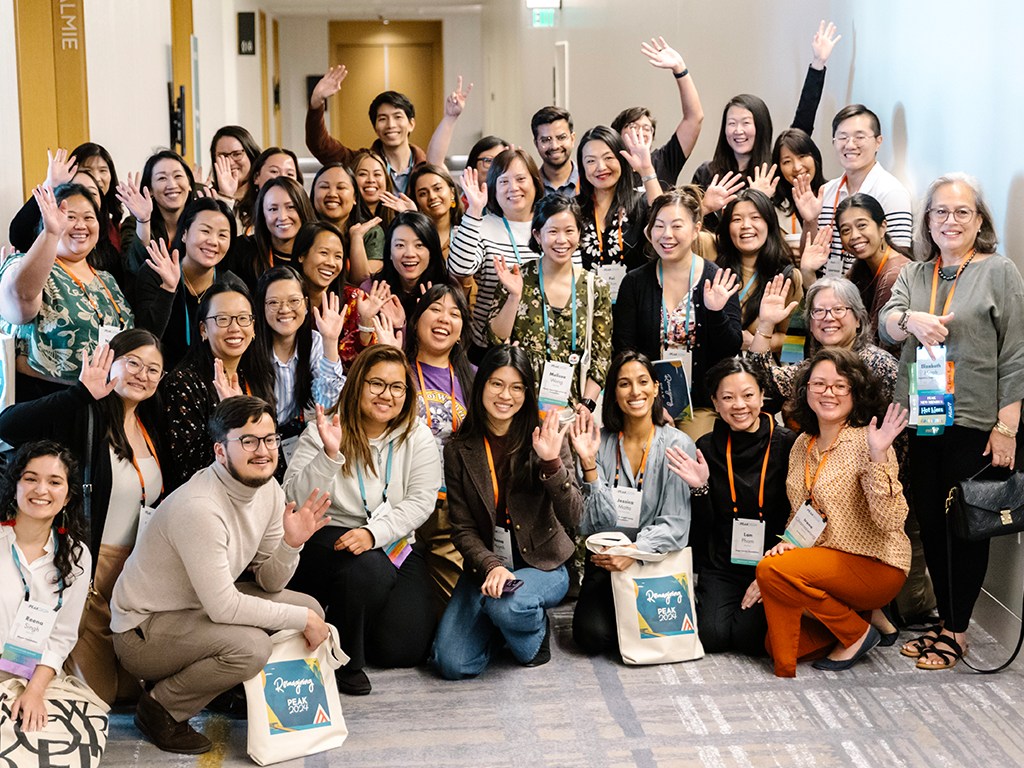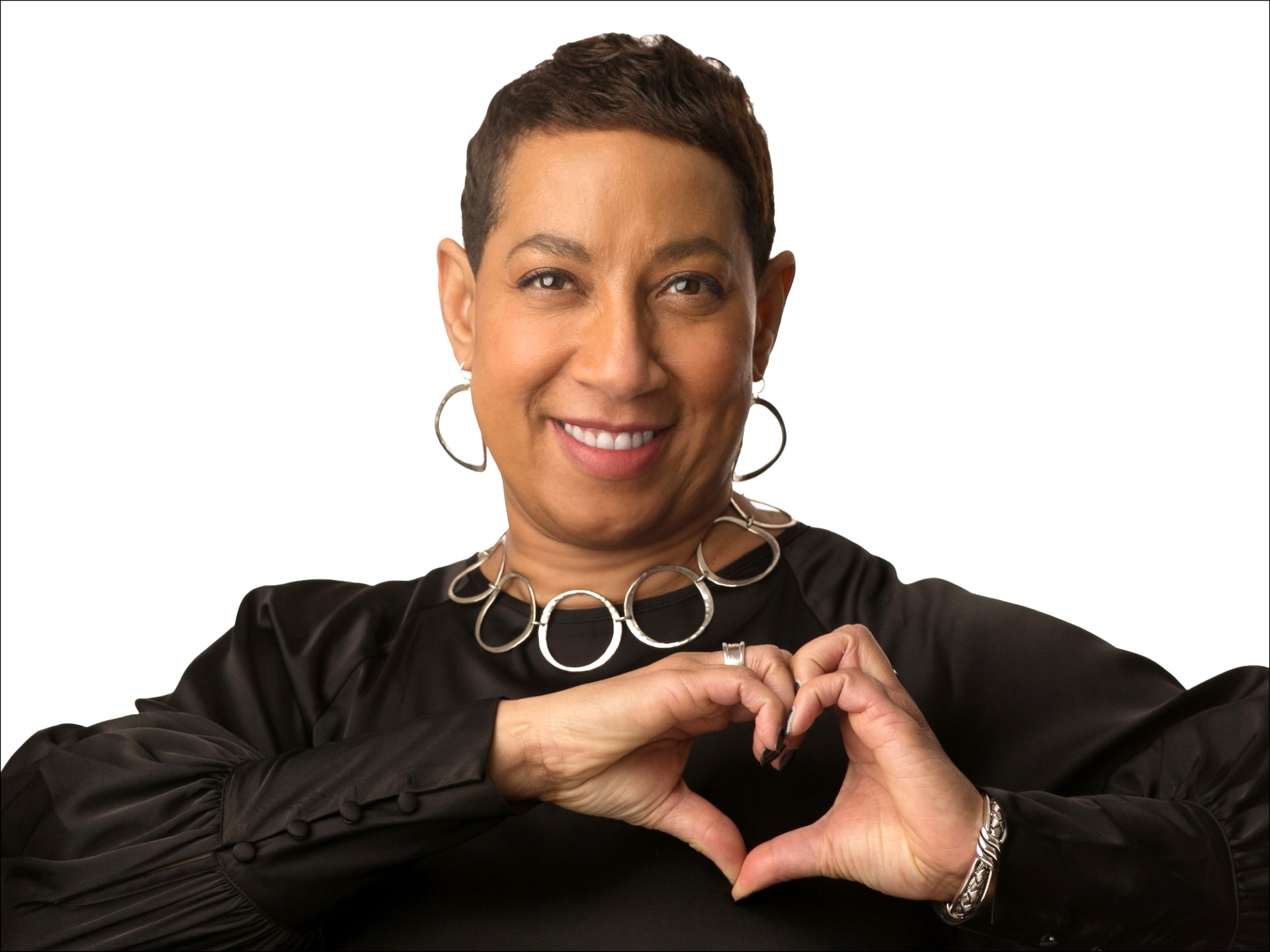
In honor of Women’s History Month, we asked our PEAK colleagues to tell us about the people who have deepened their appreciation for women’s contributions to our society. The responses we received span leaders ranging from family members to movement builders and cultural icons. We hope the following reflections from our colleagues inspires you to learn more about the work about these national figures and to show your appreciation for the women who are closest to home.
“I am blessed to have the countless women who molded me and who guide me still as angels on my shoulders. For this celebration, I want to elevate the late bell hooks, whose writings helped me find my own voice. Through her prose, I hear my mother Ann’s more plain-spoken observations on gender and fairness and a fondness for a rural upbringing. I hear my grandma Karene’s reminder that knowledge cannot be stolen in the night. bell said, ‘True resistance begins with people confronting pain… and wanting to do something to change it.’ Feminism is for everyone. Ain’t I a woman?” —Satonya Fair, President and CEO
“Women’s History Month takes place around the same time Paula Crisostomo, my mentor and friend, was arrested for walking out of her classroom to protest education inequality. On March 31, 1968, she along with twelve walkout organizers was arrested for conspiracy to disturb schools and the peace, a felony charge. It was the spark that ignited the Chicano Movement and the beginning of Paula’s journey. Real change to Los Angeles Unified School District policies did not take place until 40 years later, and during that time she has remained just as active. In her role as assistant dean of students at Occidental College, she found yet another way to support the pipeline of educational opportunities for students. Paula also helped form the Sal Castro Foundation and coordinate the Chicano Youth Leadership Conference with the help of the LA school board. For more on her story, check out the 2006 movie Walkout.” —Dolores Estrada, Chief Operating Officer
“Being a woman is complicated to me. Growing up, I was a tomboy and my beloved Granny (who I was lucky enough to have with me to meet my beautiful daughter before she passed away at the ripe old age of 91) always told stories about why it would be so much easier and better to be a man. As a kid, I absolutely agreed with her line of thinking. (And sometimes I still do!)
“When I was in fifth grade in Kingwood, Texas, my class was asked to dress up as a favorite president or first lady. There was no contest. I chose Abraham Lincoln—top hat, bowtie, charcoal beard, and all. I was one of two girls to dress up as a president. The other was my twin sister, who made a dashing FDR.
“As an adult, I have been incredibly inspired by the women who have run for the top office. Seeing Hillary Clinton on election night 2016 wearing all white in solidarity with the women who fought for the right to vote was huge for me. We have always been told that girls can do anything—but actually seeing a woman almost become president made it real. Kamala Harris becoming the first woman—and person of color—to hold the office of vice president, with a spouse who is the first Jewish first spouse, is incredible. I love that my daughter has new role models to emulate who help her see herself in ways that I could not.” —Sara Richman Sanders, Membership Director
“I have always been inspired by the women who marched for freedom, justice, and equality in America. Women like Coretta Scott King, Dorothy Cotton, Jo Ann Robinson, and Ella Baker, to name a few. They were true leaders in their own right, paving the way for so many women to stand up and make a difference. Ella Baker’s nickname was Fundi, a Swahili word meaning ‘a person who teaches a craft to the next generation.’ They may all be called fundi as women have educated many of us, making history today. I want to honor those women by picking up the baton and working for the next generation of women.” —Dionne Thompson, Member Services Coordinator
“Reading Isabel Wilkerson’s Caste: The Origins of Our Discontents has brought back two books from my childhood that I read and compulsively reread: the diary of a Jewish girl living in an attic and the story of a young Black woman who escaped slavery returning again and again to free others. Through their stories, I learned about the bitterness of racism and the sweetness of courage in the face of evil. This Women’s History Month, I remember the indomitable spirits of Anne Frank and Harriet Tubman.” —Betsy Reid, Communications and Marketing Director
“My nana was a force to be reckoned with, and I am forever grateful for my time with her. She was fiery and funny, and no goal was too audacious in her eyes. She didn’t let the expectations of the times constrain her (when she could help it), and she knew the value of independence, especially as a woman. That attitude let her do so much in her 87 years here! She built her career in banking in the 70s while raising a family with my grandfather, she volunteered at her local library and gave unprovoked grammar lessons to unsuspecting kids, and she was always up for a game of cards or a trip to the beauty salon. I think about her drive for a full and balanced life and how her influence has guided me to this point.” —Caitlin McDanels, Marketing Manager
“The best literature course I took as an undergrad focused exclusively on American women writers. We had an incredible reading list that, In the course of twelve weeks, took us from seventeenth-century Spanish America through the women’s rights movement of the 1970s. The Oxford Book of Women’s Writing in the United States was our core book. (Released in 1995, I’d love to see this get a twenty-first-century update. Although it’s woefully out of print, used copies are easy to find.) It’s an incredible single-volume survey of creative minds dating back to the colonial period writing on themes including identity, aging, and interpersonal and community relationships. It also introduced me to Sojourner Truth’s speech “Ain’t I a Woman,” which, In addition to the text presented in the Oxford book, our professor showed us different edits of the same speech, which variously softened her message or layered on a dialect that was intended to demean and undermine the author. It was the first time I saw how damaging the unseen hand of an editor can be, and that example reinforces the duty of care that a communications professional owes to each person they represent in text.
“Catalina de Erauso’s autobiography, Lieutenant Nun is another book from that reading list that stays with me. If you need a lesson in how to take a no-holds-barred approach to life, what better teacher could you have than the folk heroine who escaped a Spanish convent and went on to have a series of swashbuckling escapades in the New World?
“And for the youngest feminists in your social circles, I’d recommend the Women Who Dare series by the Library of Congress. These 64-page monographs offer introductions to figures ranging from Marian Anderson, Helen Keller, and Eleanor Roosevelt to the collectives of women who led the charge for voting rights. In this day and age, it’s thankfully all too easy to put these stories in kids’ hands.” —Jesse Rhodes, Communications Manager and Editor

Image: The Present is Female by Samantha Hahn for Amplifier.org



